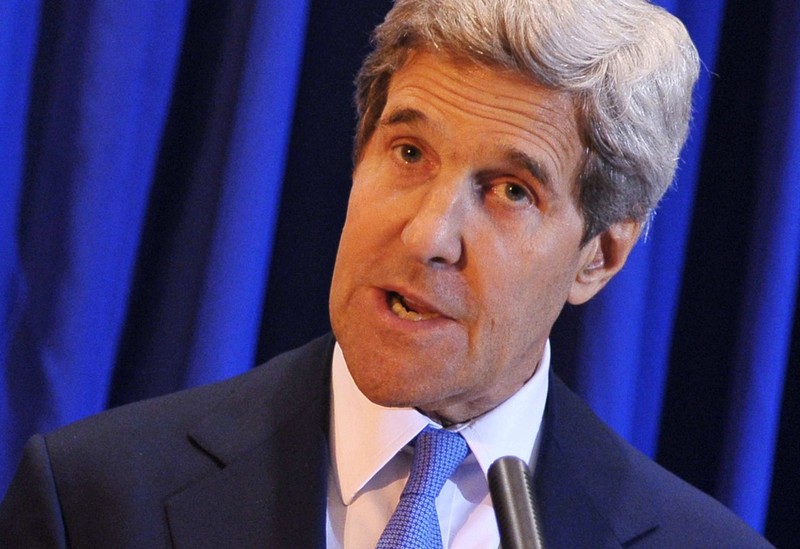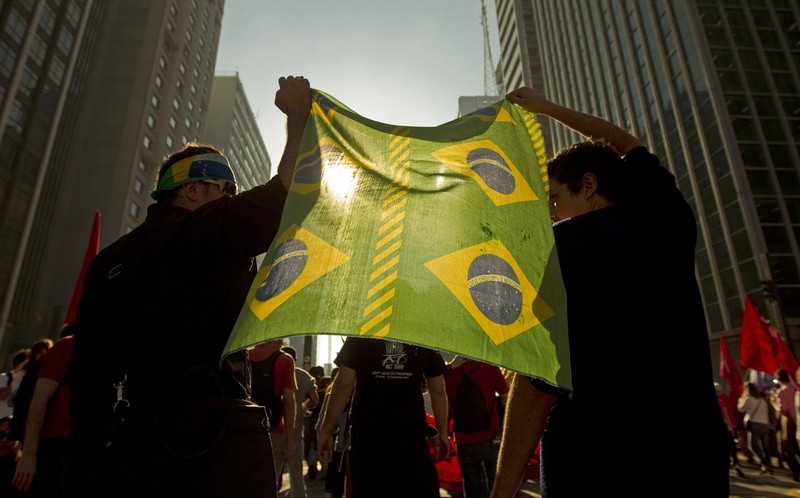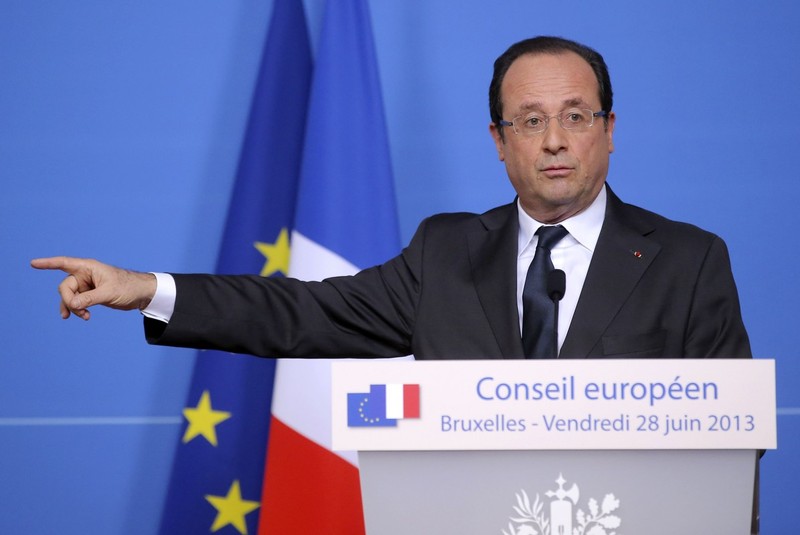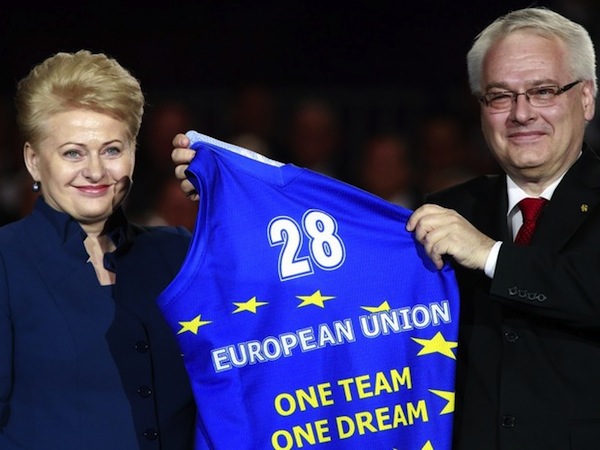The Rise of American Soccer

Soccer was never a really big sport in the United States. Americans seem to prefer high-scoring games, like basketball and football. But gradually, soccer is becoming ever more popular. Why? Three things might explain this:
1) The world is becoming more globalized. Thanks to the Internet, we can rather easily watch any major sporting event in the world. And that includes soccer -- a sport that is incredibly popular almost everywhere. Americans want in on the action.
2) Major League Soccer's first season was in 1996, and it has been steadily growing in popularity ever since.
3) The U.S. Men's National Team's new coach, Jurgen Klinsmann, likes to light up the scoreboard. Under his leadership, American soccer teams aren't content with nurturing a one- or two-goal lead. Destroying the opponent is preferable. What can be more American than that?
The U.S.'s performance over the past couple of weeks really hammers home point #3. Going into the final game, the U.S. Men's National Team (USMNT) outscored its opponents 20-4. We won the tournament with a 1-0 win over a very good Panama team.
Sure, other than Panama, the USMNT beat up on a bunch of significantly weaker opponents. Our region (known as CONCACAF and comprising North and Central America and the Caribbean) isn't exactly the stiffest competition in the world. Canada lost to Martinique -- an overseas territory of France that doesn't even have a national soccer team that is recognized by FIFA, the world soccer association. (Yes, Canada is that bad.) Either the U.S. or Mexico was expected to win the CONCACAF Gold Cup, but Mexico bowed out in the semi-finals after an underwhelming performance.
But, the world -- and most importantly, Americans -- are starting to take notice. More than 57,000 fans showed up to cheer on the U.S. against Panama in Chicago, and the event had better TV ratings than baseball, our national pastime.
Currently, the USMNT is on an 11-game winning streak -- the longest ever in the history of U.S. men's soccer -- and is ranked #22 in the world. In early August, when the next FIFA ranking is released, the U.S. will most certainly climb in the rankings.
Look out, World. Here we come.
(AP Image)












